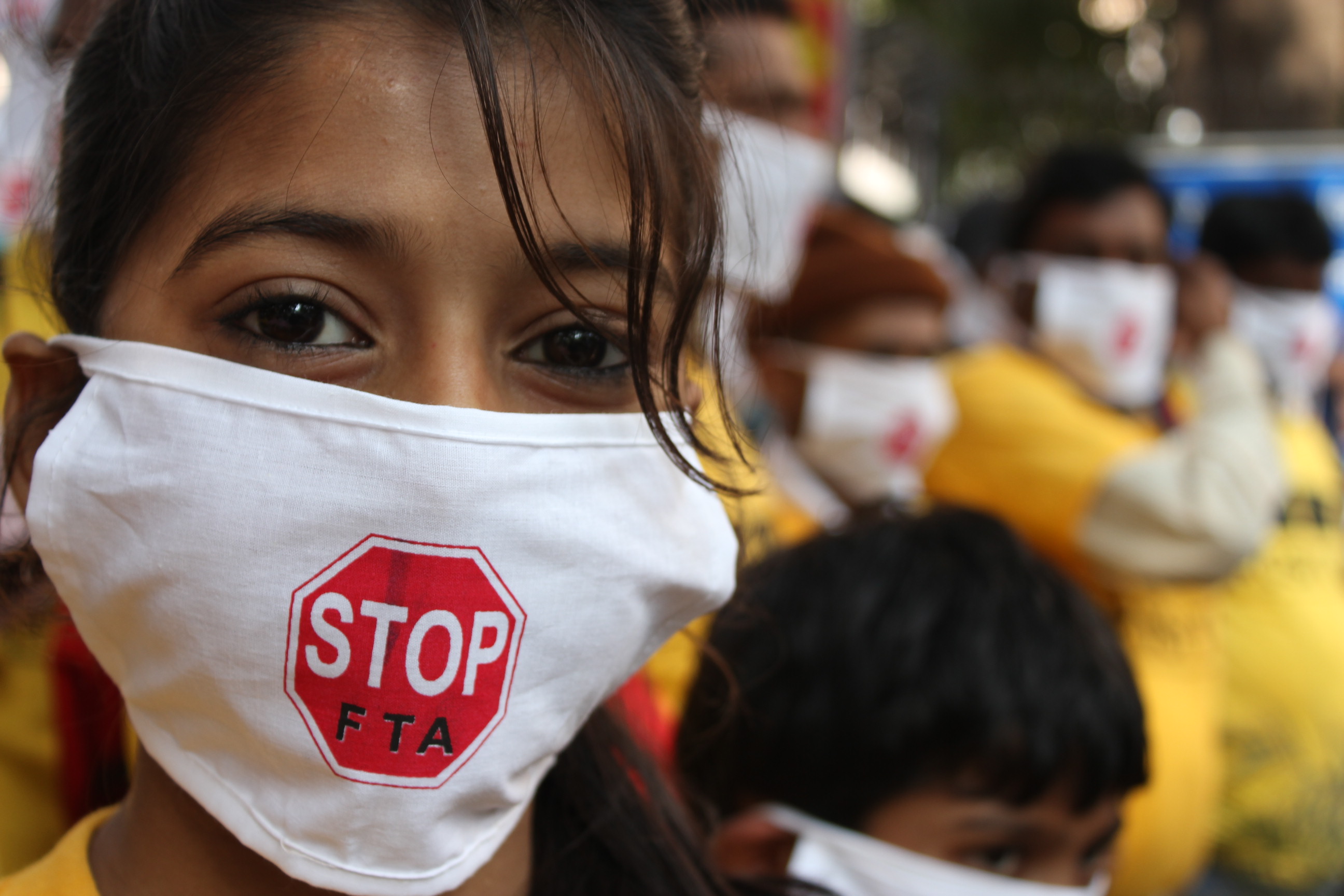India in free trade talks with 23 parties
Ultra News - 15 March 2020
India in free trade talks with 23 parties
By Sanjay Kumar
India is in talks with 23 parties, including the European Union, the Gulf Cooperation Council, ASEAN and Israel, on various types of trade agreements, according to data from the central ministry of commerce and industry.
Besides the above entities, India is also in talks with countries such as Sri Lanka, Thailand, Mauritius, New Zealand, Singapore, Canada, Australia, Malaysia, South Korea, Iran, Peru, Bangladesh, Chile and Indonesia.
Out of these, talks with Singapore, Malaysia, ASEAN and Chile are focused on reviewing and/or expanding the existing trade agreements with these countries and blocks.
In case of Singapore, for example, talks are focused on carrying out the third review of the Comprehensive Economic Cooperation Agreement signed between the two countries in 2005.
Similarly, taks with the ASEAN block of countries are aimed at completing the first 10-year review of the ‘Trade in Goods Agreement’ signed with the ten-member Association of Southeast Asian Nations (ASEAN) in 2009. The free trade agreement had come into effect on 1 January 2010.
Other agreements on which talks are progressing with blocks of countries include a trade and economic partnership agreement with EFTA (Iceland, Liechtenstein, Norway and Switzerland), a preferential trade agreement with SACU (South Africa, Botswana, Lesotho, Swaziland and Namibia) and a comprehensive economic cooperation agreement with BIMSTEC (Bangladesh, India, Myanmar, Sri Lanka, Thailand, Bhutan and Nepal).
India is also engaged in talks to expand the existing preferential trade agreement with Mercosur (Argentina, Brazil, Paraguay and Uruguay).
Trade agreements can take different form, with the oldest format being known as the Free Trade Agreement. Early free trade agreements focused on abolishing import and export tariffs between the signatory countries, allowing businesses in both countries to target customers in each other without any restrictions.
However, over time, pure FTAs became rarer and rarer, with the focus shifting to tailored agreements that aim at curtailing, rather than abolishing, tariffs, and often cover only a specific area of international trade.
One of the biggest multilateral trade agreements that India was recently involved with was the Regional Comprehensive Economic Partnership with the ten ASEAN countries as well as Australia, China, Japan, New Zealand, and South Korea.
However, India pulled out of the agreement at the last moment, after local businesses and associations expressed concerns that the agreement will give further leverage and access to Chinese businesses and lead to further weakening of India’s industrial capacity.
Chinese businesses enjoy certain facilities and concessions that Indian businesses don’t, such as extremely cheap access to funds from government-controlled banks, free or nearly free supply of power and less stringent pollution and emission norms.
Because of these factors, as well as the higher scales of volumes, many Indian businesses have found it difficult to withstand competition from their Chinese peers, especially in manufacturing.
“RCEP was intended to provide mutually beneficial outcomes for RCEP countries including India, however, since the current structure did not adequately address ambition and concerns of India’s stakeholder, India did not join RCEP in its current form,” trade minister Piyush Goyal said recently.
Overall, trade agreements are seen as beneficial to the consumers and businesses of the countries that engage in them, but differential laws in different member countries often give an unfair advantage to businesses in some of the member countries.
The United States recently exited trade agreements with Mexico, pointing out that Mexico’s pollution, labor and other laws were not as strict as those of the US, and this was giving allowing Mexican manufacturers to mount unfair competition to US manufacturers.






